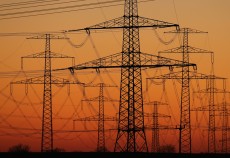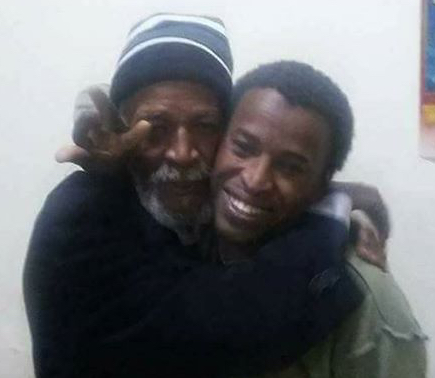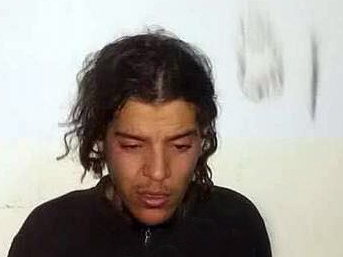By Libya Herald reporters.

Tripoli, 22 January 2017:
Power is slowly returning to western Libya as GECOL announces measures to end the persistent crippling outages. But in the south, limits on the electricity supply are stoking a crisis in the House of Representatives.
Tripoli residents report now having electricity for at least half a day, a marked improvement on recent weeks.
GECOL engineer Ethman Labash today told the Libya Herald the network had returned to relative stability after the reopening of the pipeline that feeds the Zawia power station. The fuel blockade to the critically important power plant had, he said, been one of the main reasons for the widespread problems.
Labash also said that annual maintenance on two turbines at the Ruwais power station at Hawamid in the Jebel Nafusa had been completed and they were set to re-enter into service “very soon”.
However Labash admitted there remained a shortfall of almost 1800 MW, which still means several power cuts a day, mainly in Tripoli.
Presidency Council deputy-chairman Ahmed Maetig has said he expects electricity generation to soon be up to seventy-five percent of demand. He estimated the deficit would be cut to less than 500 MW by the end of March.
National Oil Corporation chairman Mustafa Sanalla today claimed Libya had lost $18.5 million when the dual-fuel Zawia power station was forced to use higher-cost diesel while its feeder gas pipeline was blocked at Bir Terfas.
He lambasted those involved in the obstruction saying they were responsible for deaths and suffering among Libyans in the south and west. The NOC has already said it is to take legal action against those who closed the valve feeding the Zawia power plant.
And southern Libya is slowly receiving power again. GECOL officials have reportedly announced in order to manage local demand, they will operate a system of five hours on, five hours off.
The power cuts in the south have political significance. House of Representatives president, Ageela Saleh has talked to interim prime minster of Abdullah Thinni in Beida about them. Saleh wants to end the boycott of HoR members from the south, who last week suspended their participation in the parliament in protest at a perceived lack of interest in Fezzan. One of their key concerns is the pressing need to finish the Obari power station to help meet regional electricity demand.
The south has been the hardest hit during the current energy crisis, with local activists claiming Fezzan was ignored. The mayor of Sebha told this newspaper that however hard it tried, the Presidency Council was weak and unable to resolve his town’s problems.
The crippling power shortages in the west and south were triggered when a local militia closed the gas pipeline to the Zawia power plant after some of their people had been kidnapped allegedly by the Warshefana.
Meanwhile, Tripoli continues to suffer from water shortages with more than half its population relying on the Hasawna reservoir on Man-Made River system. The MMR administration claimed today it had repaired damage to the reservoir meaning it could be refilled. Management apparently expects that water would be flowing again within the next 24 hours. It seems likely that, over and above damage to the reservoir, the pumps have also been deprived of electricity.










